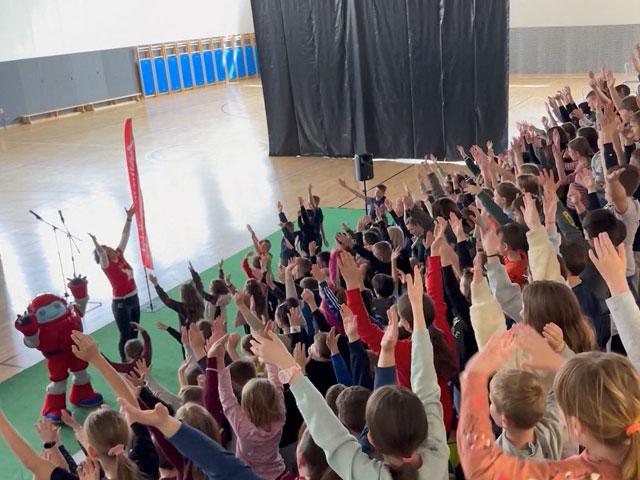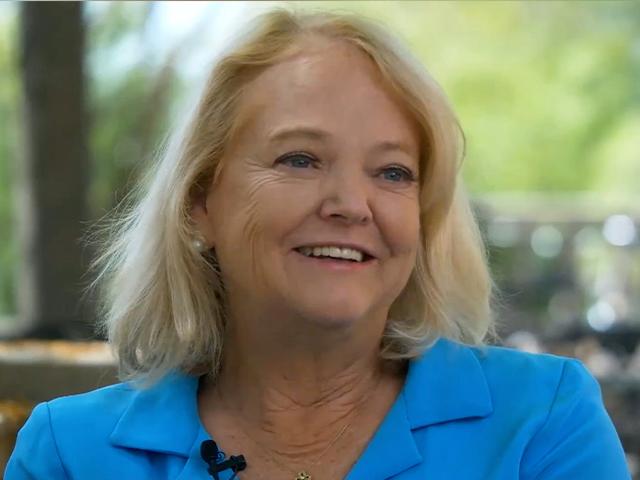Back to school this year can mean virtual or not, but for many K thru 12 students and teachers it's going to be a struggle. One reason is what's known as the COVID slide.
It's the learning gap caused by the pandemic. In the past, educators have tracked what they call the summer slide -- students who don't retain during the summer what they learned during the school year.
But now, teachers are facing a gap that they've never faced before. Students who had no in-person school in the spring combined with the typical summer months off.
Dr. Kurt Kreassig, the dean of the School of Education at Regent University, says educators aren't sure what to expect from their students this fall.
"We don't know what that learning loss is going to be," he told CBN News. "We can take the data from previous summer learning losses. There's a summer slide we call it. We also take a look at research from Hurricane Katrina that shut down school for a month, what happened to those children. We look at absenteeism."
But none of those earlier predictors match the current situation. Educators are waiting on baseline testing which happens in-person to determine where students have lost ground.
STAY UP TO DATE WITH THE FREE CBN NEWS APP
Click Here Get the App with Special Alerts on Breaking News and Top Stories
They're most concerned about K-3 and two key subjects: math and reading.
Kreassig says teaching students to read online in the spring was completely unexpected for teachers who've always relied on face-to-face contact.
"It's a very intimate process. You have a professional educator usually sitting next to a child, finger on the book, finger on the words as they try to put the words together--the phonics, everything has to come together," he said.
There are also big concerns for kids from low-income families who may not have a laptop or WiFi.
A recent viral photo illustrated the point. It showed two girls sitting in the parking lot of a California Taco Bell restaurant with their laptops in order to access the WiFi. Their embarrassed school district later offered them a WiFi hot spot. Other districts have started sending WiFi-equipped buses to low-income neighborhoods.
Teachers will have a tall order this fall, assessing where their students are and providing a wide range of teaching to fit their needs.
"You're going to have kids in a class who some retained more than others. Typically, we've always differentiated in classrooms but now, more so than ever," said Kreassig.
He's encouraging parents whose elementary kids are online to spend extra time with them to make sure they understand their teacher's expectations. He's also pointing families to school guidance counselors who often have information about community resources and tips on how to help kids adapt.
One large-scale survey of parents and kids early in the pandemic shows there may be a silver lining to all the stress.
It showed improved well-being for students: less stress and more sleep, independence, and personal responsibility. All factors that could make a big difference this fall as the challenge of wiping out the COVID slide plays out.
Did you know?
God is everywhere—even in the news. That’s why we view every news story through the lens of faith. We are committed to delivering quality independent Christian journalism you can trust. But it takes a lot of hard work, time, and money to do what we do. Help us continue to be a voice for truth in the media by supporting CBN News for as little as $1.











 Support CBN News
Support CBN News







